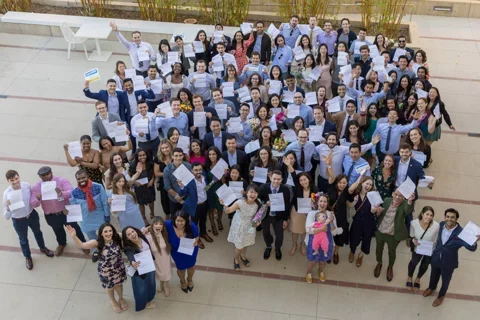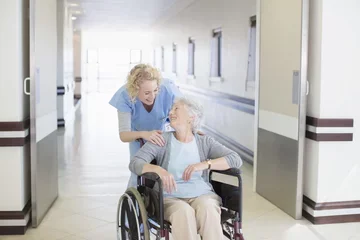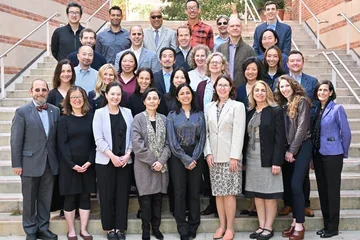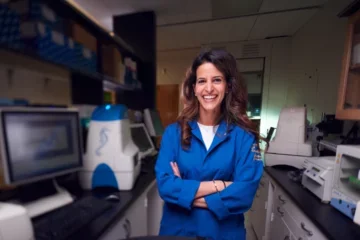Unmatched MD for Residency Is Simply a Roadblock
It's Not a Career-Ending Blow

What to Do With an Unmatched Residency
For most students in the David Geffen School of Medicine at UCLA, Match Day is a time for celebration. Having completed their coursework, fourth-year medical students find out which residency programs have accepted them and decide where they'll complete training in their chosen specialties.
Staff, faculty and deans work with students throughout the year to help them prepare, and more than 95 percent ultimately match into desirable residency programs.
For the few who don't receive acceptance letters, Match Day is not all fun and games. And although an unmatched residency may feel like a devastating blow, it's not the end of one's medical career. Advisors are at the ready for those who need additional mentoring, resources and related options to help them find open spots after Match Day — or better prepare them for the next match cycle.
Be Optimistic But Prepared
The Student Affairs Office (SAO) helps students apply for and ultimately match into residency programs that suit their approach to and aspirations in medicine. "We have a full team of staff that assist students," explains Jason Bergschneider, residency application counselor and publications coordinator. "We provide general counseling about the application process and logistical support as they select programs, submit applications, accept interviews and submit rank lists. We meet with third- and fourth-year classes multiple times to provide information about how to use the national application and rank list management programs."
The SAO also connects students with faculty specialty mentors and provides access to college chairs and deans. Each student is specifically afforded a one-on-one meeting with Lee Todd Miller, MD, dean of student affairs, who mentors them on application strategies.
Although the goal is to have everyone successfully match, the David Geffen School of Medicine at UCLA still counsels students to prepare for the possibility of an unmatched residency.
There are many reasons students may not match, according to Bergschneider, most of which depend on the specialty. "More competitive specialties may be more restrictive with the number of research experiences/publications or USMLE test scores. It all comes down to realistically assessing your strengths and potential weaknesses, and applying to programs appropriately. We typically do a very good job of managing that early on in the application cycle," he says.
Options for Unmatched MD Students
UCLA has multiple plans in place to assist students who do not initially match, says Bergschneider. "We have a survey tool they complete before Match Day to help them think through options while they're in a clearer head space, before finding out they didn't match."
Some options include:
- Finding an open spot after Match Day. Students can go through the Supplemental Offer and Acceptance Program (SOAP), which connects unmatched students with unfilled program spots via a brief application, interview and offer cycle that takes place between Monday and Thursday of Match Week. "If there are still unfilled positions in their specialty of choice, students can often obtain one of those spots," says Jason. "They can also change specialties."
- Getting more experience. Some unmatched students spend the next year making themselves more competitive. "Selecting a one-year internship (called a preliminary or transition year) can help them gain additional clinical experience and responsibility."
- More education. Other students use the next year or two to earn a master's degree or complete a research fellowship.
- Waiting it out. Students can simply take the year off and reapply during the next match cycle.
"The best strategy depends on the individual student's goals and where they perceive they have specialty-specific weaknesses," Bergschneider suggests. "Whatever they choose to do, we have a lot of resources and mentoring available to help them navigate the potentially stressful process of SOAP and beyond."



